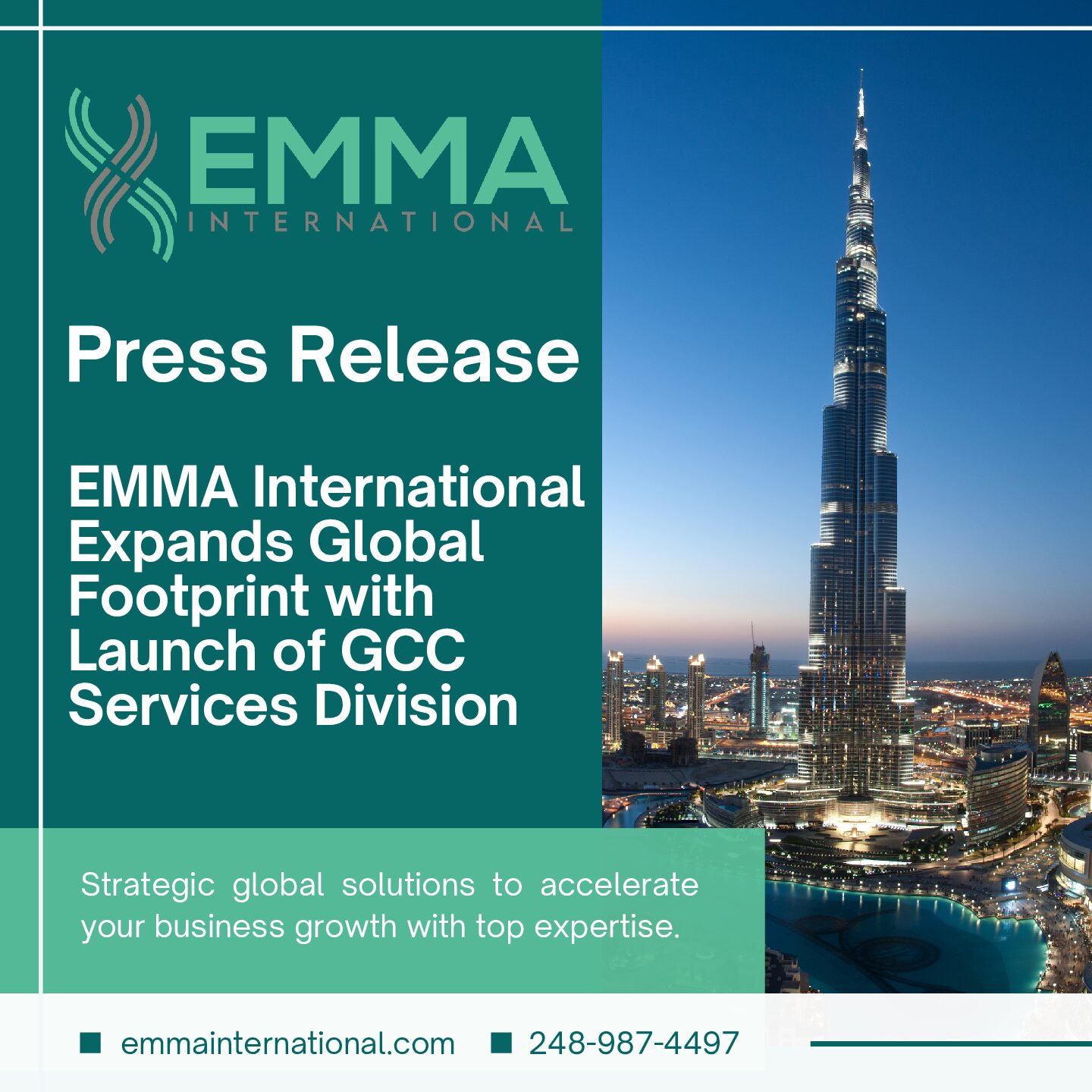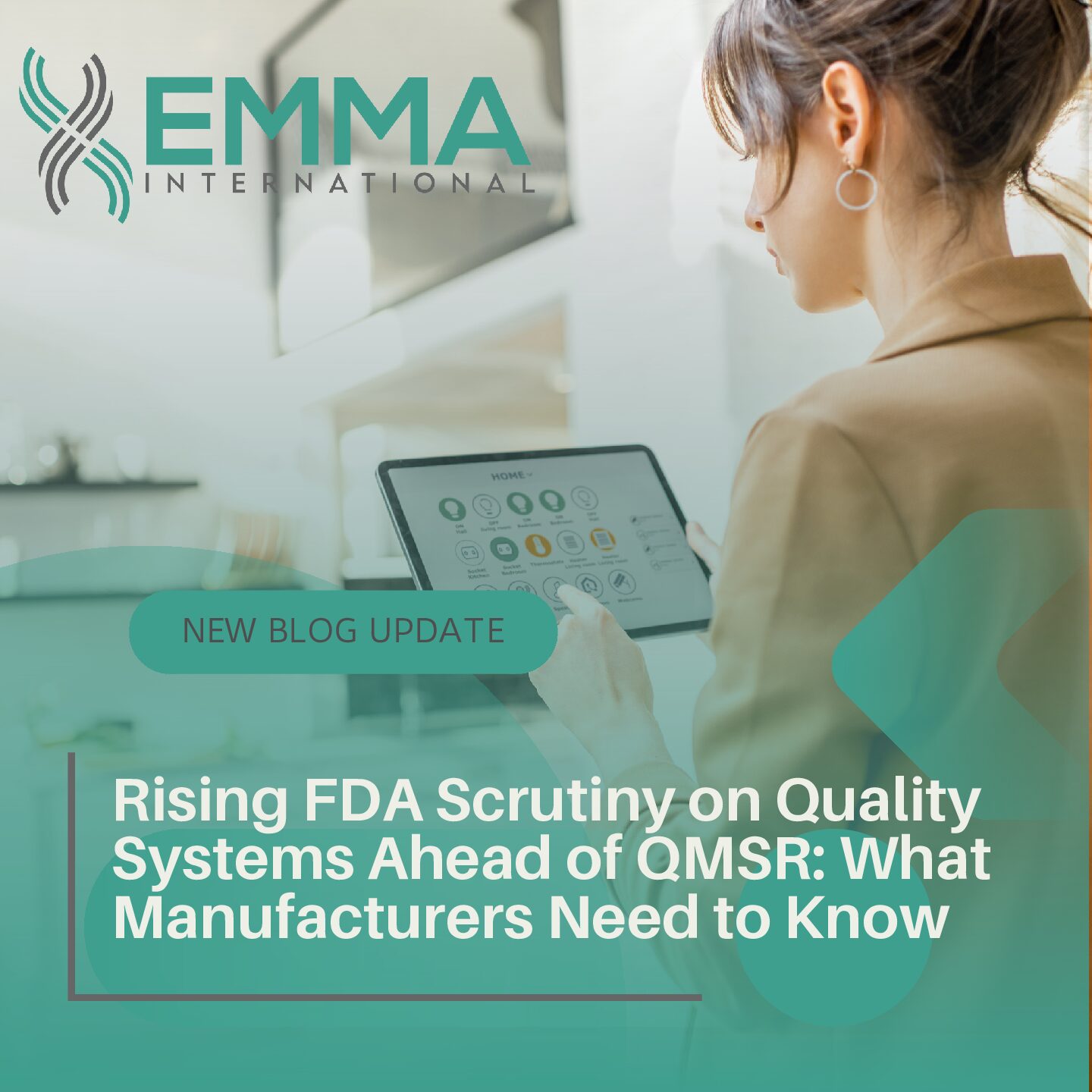Implementing a Quality Management System (QMS) affects every aspect of an organization, including meeting quality requirements, customer requirements, or contract/manufacturer agreements. The elements and subsystems of a QMS are all intertwined and related in order to better help an organization meet its goals. Despite the benefits of a QMS, a QMS can only support an organization as much as the organization supports the QMS itself. If a QMS is not properly implemented and maintained, the drawbacks may be severe. A QMS is meant to be customizable and unique to each organization’s products and processes while still complying with any necessary requirements such as ISO 13485, 21 CFR 820, or EU MDR. These vast and vague word-laden requirements may seem a bit intimidating to someone unfamiliar with them, although they are very much manageable with the right guidance and support.
Oftentimes, organizations that may seem unfamiliar and dissuaded by the idea of understanding, developing, and implementing a fully functional and compliant QMS seem to be more inclined to explore the idea of purchasing pre-developed QMS templates filled with inconsistent, non-relevant, boiler-plate verbiage that is easily recognizable by auditors. The issue with pre-developed template QMS’s is that, often, they don’t fully cover the scope of an organization’s unique requirements. For example, although a template QMS might contain the required or listed aspects of a CFR, it doesn’t mean that those procedures are necessarily consistent with the organization’s actual methods and practices. A QMS is not meant to be a ‘certificate’ or ‘diploma’ of quality practices but is meant to encompass the actual good manufacturing practices and processes that are in place – a QMS is a guide, not a certificate.
The advantages to developing a CLIC™ QMS (customizable, lean, integrated, and compliant) are unmatched. Since a QMS should act as the documented procedures for an organization’s processes, then a QMS should be developed uniquely to include as much of an organization’s current practices as possible, while maintaining compliance with any governing regulations or standards. The more specific a QMS is to an individual organization, the more straightforward it will be in implementing it. Employees and personnel are required to be trained in various QMS systems and procedures, and the more that a QMS lines up with a company’s practiced operating procedures, the easier it will be for employees to understand and maintain the QMS. Furthermore, the more that an organization’s personnel understand their own QMS, the greater the likelihood of that organization meeting its quality, design and development, manufacturing, and customer goals and needs.
Need a better QMS? EMMA International is here to provide full-circle solutions for all aspects of the life science industry. Give us a call at 248-987-4497 or email us at info@emmainternational.com to learn more!





